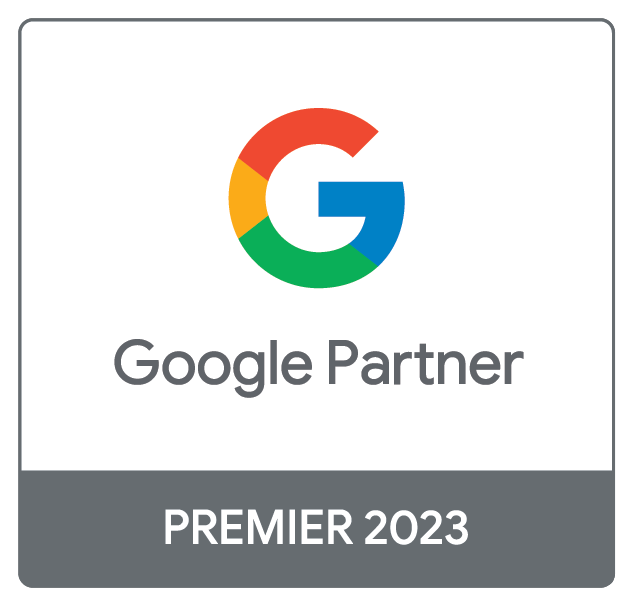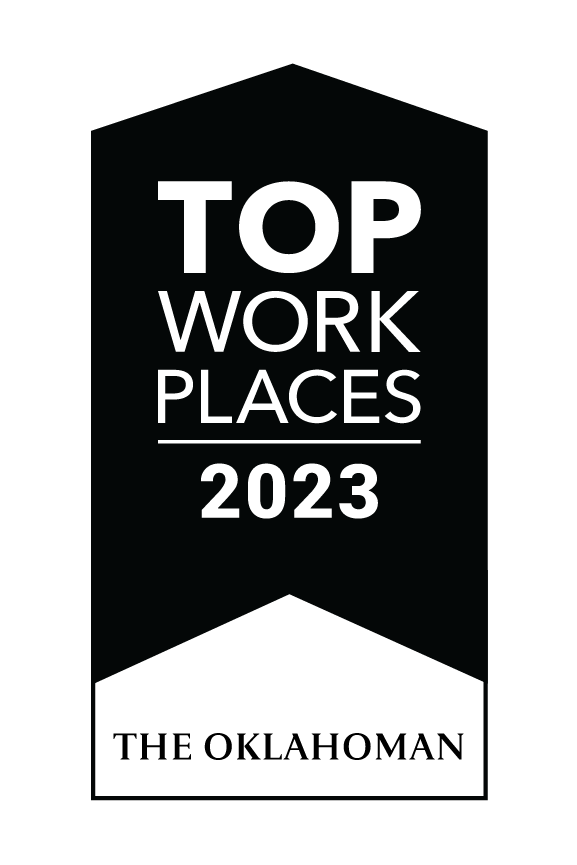If you’re a marketer, odds are you’ve been swimming (or maybe drowning?) in a tidal wave of AI chatter over the past couple of years. And somewhere between the doomsday predictions, you’ve probably wondered: “Dang… will I even have a job in 10 years?”
In my POV, AI isn’t here to replace marketers, but it will expose the lazy ones.
The best marketers (like we are at VI, thank you very much) aren’t scared. We’re not using AI as a cheat code to avoid the work — we’re using it to supercharge, elevate and SHINE, baby.
Speed Isn’t the Trophy. Judgment Is.
Somewhere along the way, AI’s instant output convinced people that the game is all about speed.
Pump out more. Post more. Go faster.
But the truth is that speed without judgment is just noise.
AI can hand you a blog post in seconds, but it can’t:
That’s your job as a marketer. And that’s your superpower.
You Have to Put in the Work
When I use AI to help me with ad copy, that first round of headlines or descriptions is NEVER the final cut.
I treat it the same way I’d review work from a junior team member:
The first pass might be 50% there. The second? Closer. By the third, it might actually read like something a human wrote.
AI helps us as marketers elevate our thinking. Maybe it sparks a headline or angle you hadn’t considered. But it’s not a shortcut. You still have to edit, refine and shape the results into something that truly speaks to your audience.
One Tool Won’t Cut It
When people say “AI,” most think of ChatGPT, but AI is much bigger than that.
Think of AI tools like team members, each with their own unique strengths. Different tools bring different skills to the table.
For example, I find ChatGPT great for drafting emails. But when it comes to creating tracking tables, Gemini is my go-to.
As a marketer, it’s important to test and ask yourself, “Which tool really helps me here?” Don’t rely on just one AI tool. Play to each tool’s strengths, and you’ll get the best results.
Frees Up Time for REAL Thinking
Think back to all the jobs you’ve had in your career. Chances are, in every role, there was at least one repetitive, routine task.
For example, in search, reviewing search query reports to identify irrelevant queries is exactly that. Repetitive but necessary.
I use AI to help me with this process. Sure, it sometimes misses the mark on intent, but overall, it frees up my time to focus on more strategic, high-impact tasks.
Be More Present, Collaborate Better
I’m personally obsessed with Zoom’s meeting summarization tool. It lets me be fully present in meetings instead of frantically taking notes. Because of that, I can actually engage in the conversation and collaborate with my team without worrying I’ll forget something later.
Helps You Make Data-Driven Decisions
The amount of data we see as marketers every day can be overwhelming.
For example, I manage 23 Google Ads accounts — most with multiple campaigns. To optimize them, I have to dig into the data, and that can feel like a lot.
That’s where AI shines. It helps me spot trends faster and sparks new ideas I might not have considered.
But here’s the thing — AI doesn’t have human judgment, or the ability to truly understand and empathize with clients.
At the end of the day, the human touch can’t be replaced. AI is here to help us get smarter, move quicker and deliver better results. And frankly, it’s here to stay, so you might as well embrace it as a powerful partner!
The Bottom Line
AI isn’t here to take over marketing. It’s here to help good marketers get even better.
If you rely on it to do all the thinking for you, you’ll fall behind. But if you use it to think bigger, move faster and make smarter decisions, you’ll thrive.
AI won’t replace marketers — but it will give an edge to the ones who know how to use it well.









